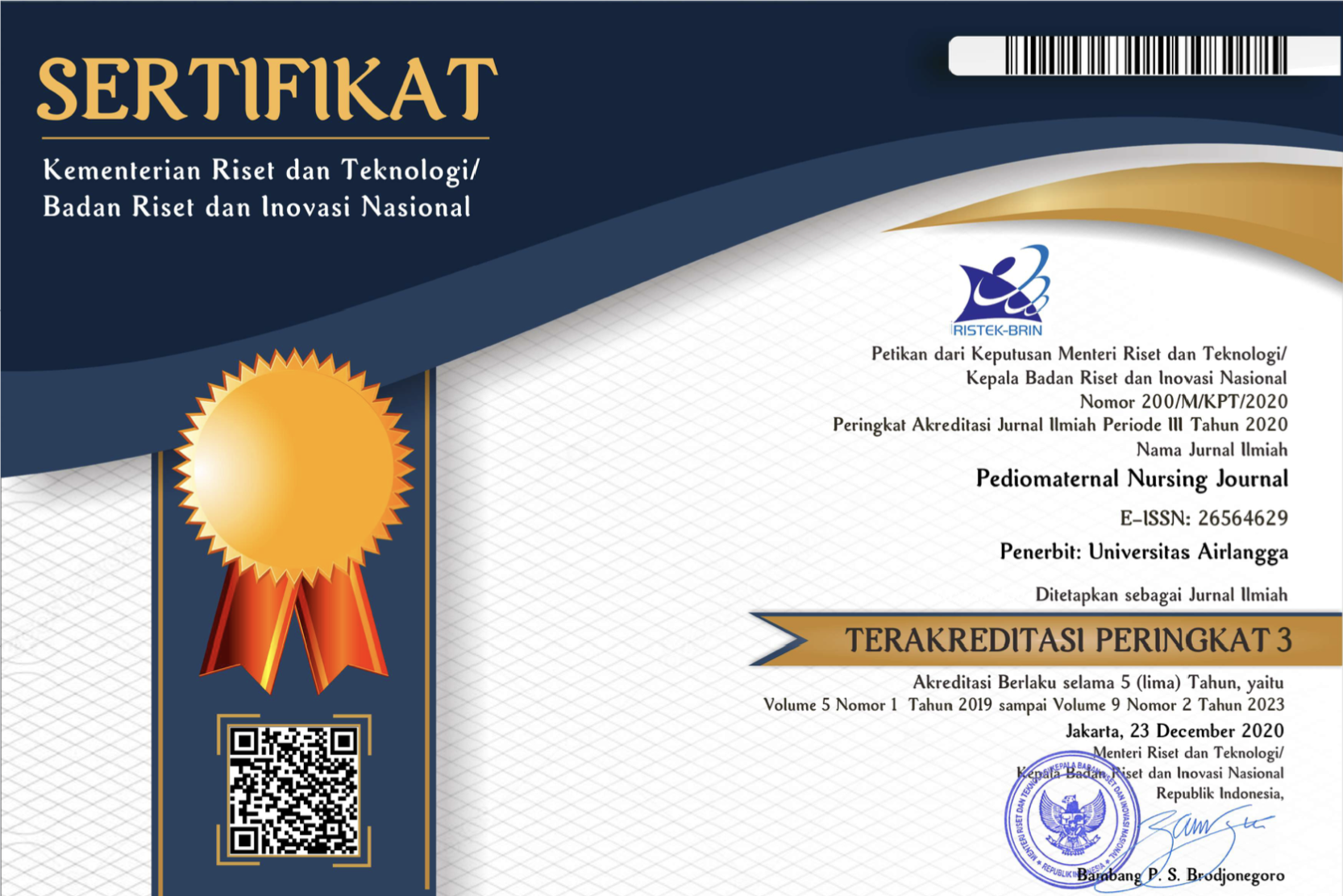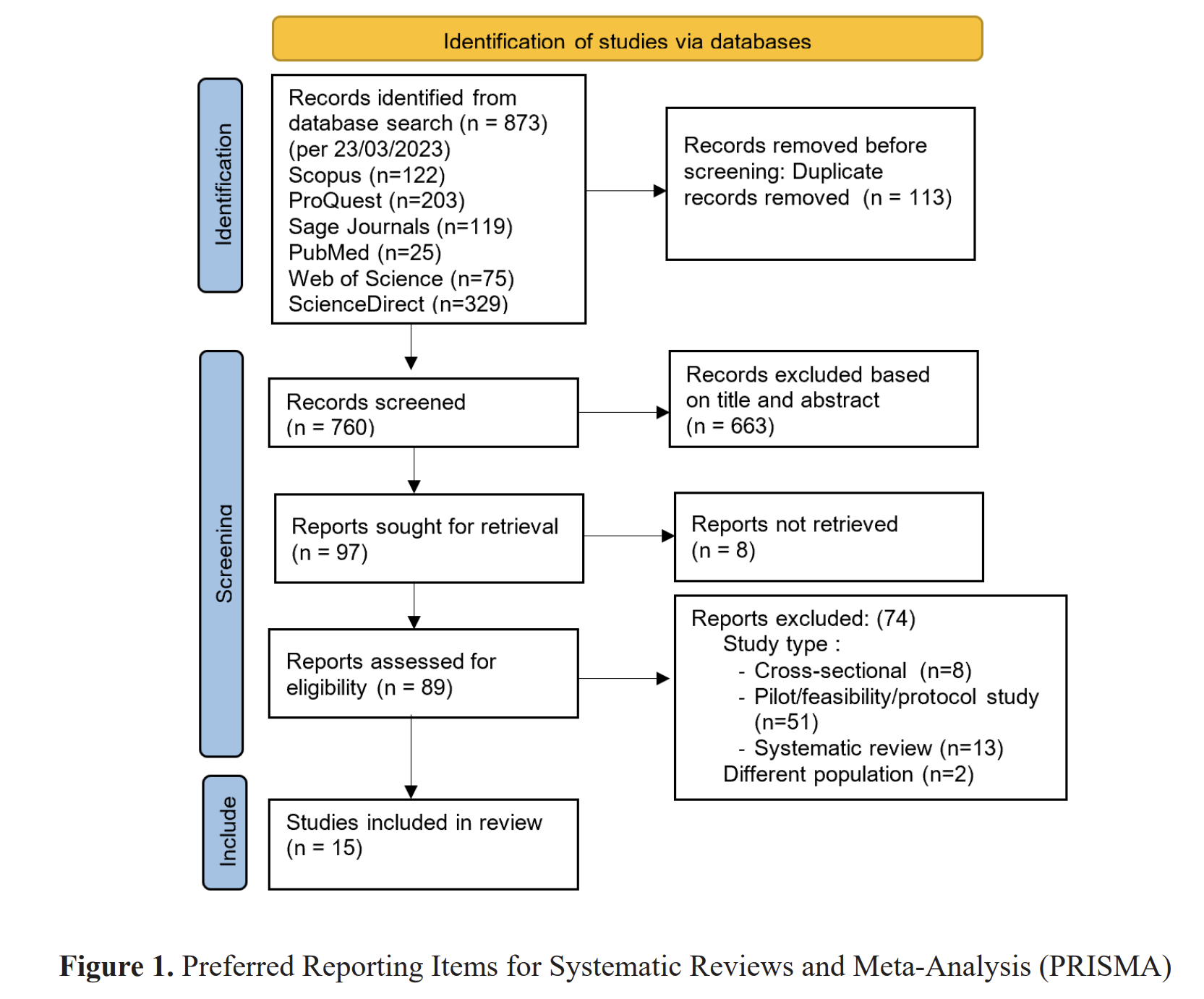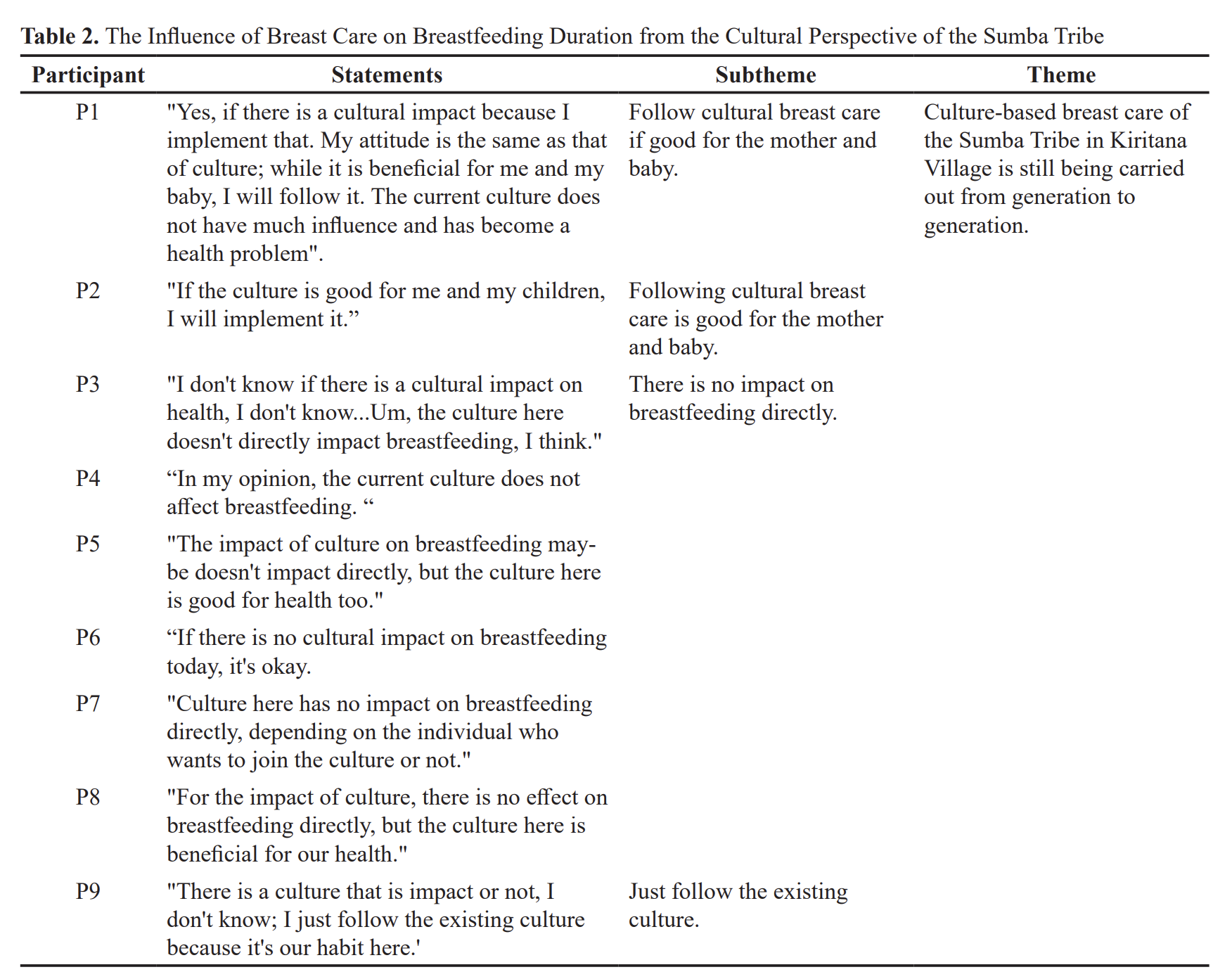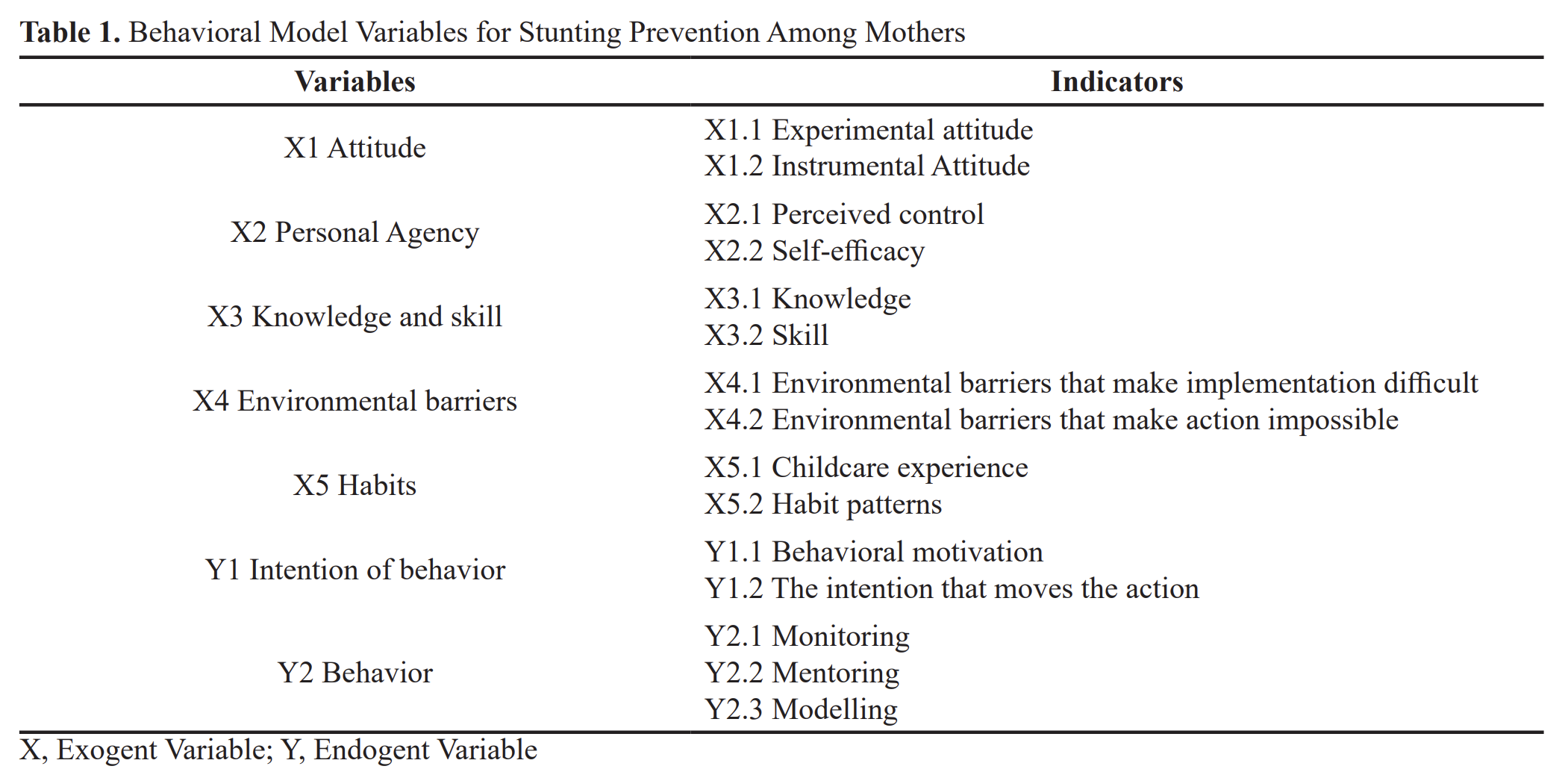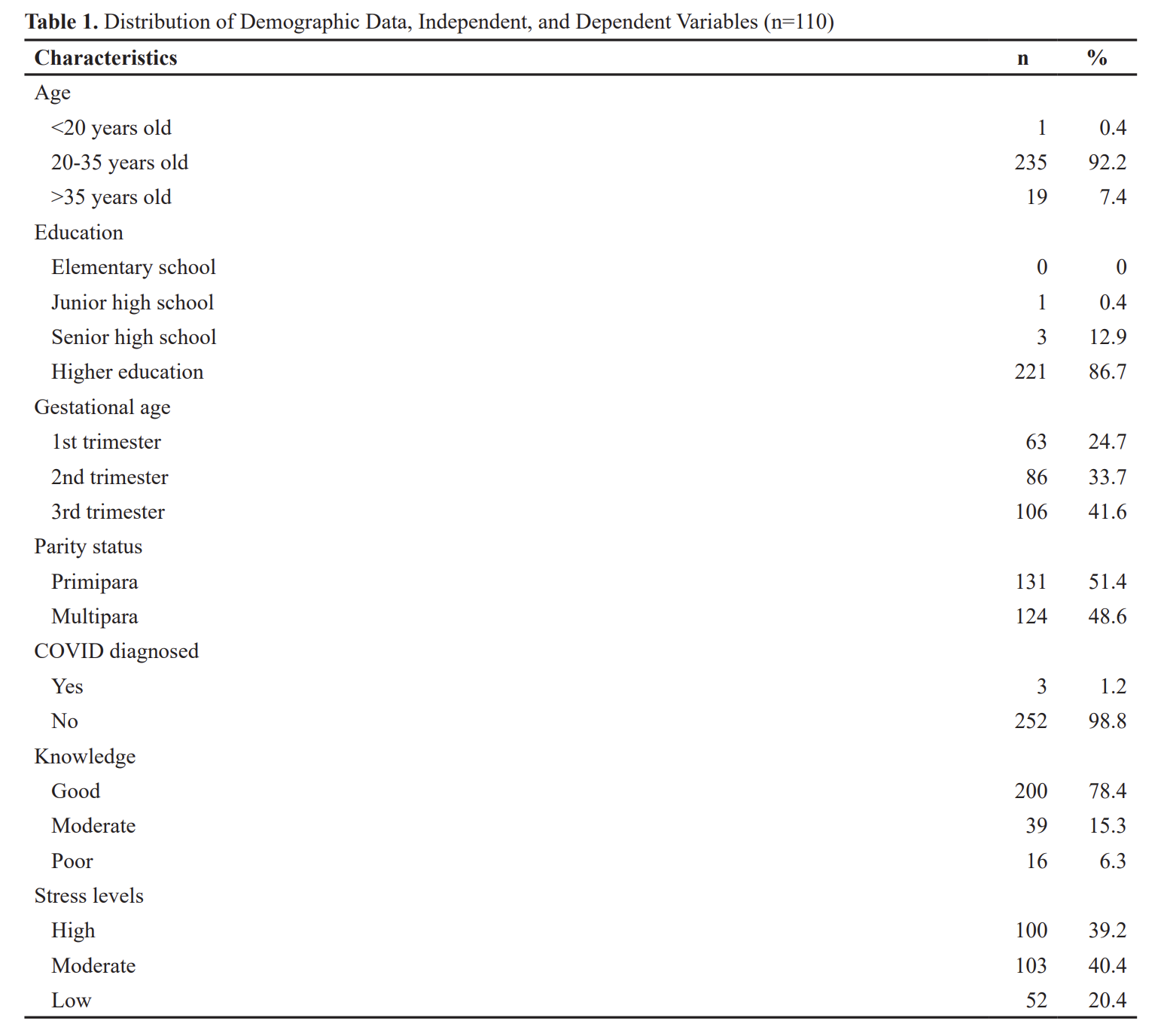Research Ethics
Research Ethics
Studies must meet ethical standards and local regulations, following the Declaration of Helsinki for human studies and EC Directive 86/609/EEC for animal experiments.
Human Participants
PMNJ requires authors to comply with the ethical standards outlined in the World Medical Association's Declaration of Helsinki when submitting work involving human participants, regardless of its nature (e.g., research, audit, or debate).
Statement of Ethics Approval
Research articles must include a statement confirming ethics approval or an explanation if not required, along with relevant details of the ethics committee or institutional review board, approval numbers/IDs, and confirmation of informed consent from participants. Investigators and authors should provide justifications for the ethical and moral basis of their work. If space is limited, this information can be included in the cover letter or submitted as a supplemental file. Encouragement is given for the submission of copies of participant informational materials. While detailed information may not be published, it will be shared with peer reviewers and editorial committees responsible for evaluating the ethical aspects of the work.
Appraisal of Ethical Issues
Editorial assessment of ethical issues extends beyond determining whether study participants provided informed consent, although this is undoubtedly a crucial factor. Editors are responsible for evaluating the moral justifiability of the overall design and conduct of each piece of work, considering the following questions:
- To what extent does this deviate from the current accepted clinical practice?
- What additional burden does it impose on patients or others?
- What additional risks does it pose to patients or others?
- What potential benefits might accrue to patients or others?
- What are the potential societal benefits for future patients?
Even if a study has obtained approval from a research ethics committee or institutional review board, editors may still have concerns about the ethics of the work. In such cases, editors may request additional information from authors, including:
- Explanation of how they justified the ethical and moral basis of the work
- Contact details of the research ethics committee for further information and justification
- Explanation of ethical considerations and justifications for studies not reviewed by research ethics committees or institutional review boards
Editors may also seek input from other editorial colleagues to assess the ethical aspects of an article, review the authors' comments, and examine the response of the relevant research ethics committee regarding ethics approval. This consultation may be informal among journal editors or more formal by seeking advice from the Committee on Publication Ethics (COPE). Problems referred to COPE will be considered through anonymized summaries of the pertinent articles, prepared by the concerned editors.
What happens when the journal considers a study to be unethical?
Editors have the responsibility to address unethical research or audit, prioritizing the prevention of unethical practices and the protection of patients rather than seeking punitive measures against authors. If an Editor, in consultation with their ethics committee and/or COPE, identifies ethical issues in a submitted article, they may seek advice, recommend further investigation, or take appropriate action. Even if the article would have been rejected for other reasons, the editor can still address serious ethical concerns. Typically, the editor would contact the head of the department where the work was conducted to express concerns and suggest a local investigation. They may also contact the professional registration body of the article's guarantor or principal investigator.
Exceptional circumstances
In exceptional cases, the journal may publish an article despite ethical issues in the reported work, taking into account variations in local resources and healthcare norms. We thoroughly assess the study's context, striving to strike a balance between the societal benefit and the potential harm to research participants.
Animal Participants
PMNJ imposes stringent ethical standards for animal welfare in experimental reports involving animals that are published.
Manuscripts will be considered for publication only if the work described:
- Adheres to international, national, and institutional guidelines that ensure the ethical treatment of animals and complies with relevant laws.
- Obtains approval from the ethics review committee at the institution or practice where the studies were conducted, if such a committee exists.
- Meets the NC3Rs guidelines for studies involving non-human primates.
- Maintains a high standard of veterinary care and obtains informed consent from clients when using animals owned by them.
Before a manuscript can be accepted, authors must:
- Ensure compliance with legal and ethical requirements for the humane treatment of animals in the study.
- Clearly state the process of obtaining ethical review committee approval and adherence to relevant guidelines in the Materials or Methods section.
Editors can reject manuscripts based on ethical or animal welfare concerns, such as unnecessary pain, distress, suffering, or lasting harm to animals, or if the severity of the experimental procedure seems unjustified by the value of the work. The expectation is that the study would meet the standards of the European Directive 2010/63/EU (on the protection of animals used for scientific purposes).
Refer to the section 'What happens when the journal considers a study to be unethical?' for details on handling ethical concerns. Manuscripts describing animal research should provide a rationale for using animals and justify the chosen species. They must include information on animal welfare, including housing, feeding, environmental enrichment, steps to minimize suffering, humane endpoints, and euthanasia methods. If the study relates to the 3Rs (replacement, reduction, and refinement), provide sufficient detail for readers to implement the 3Rs in similar experiments.

